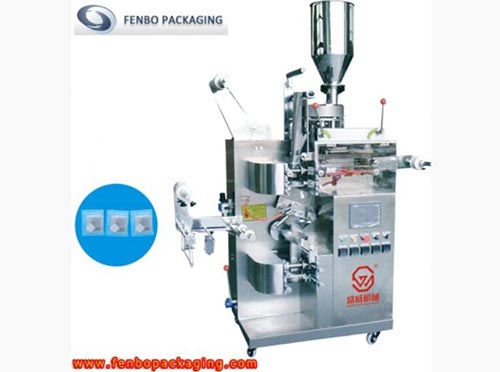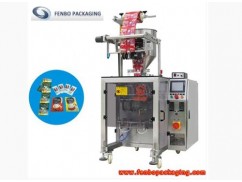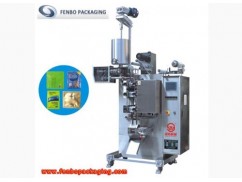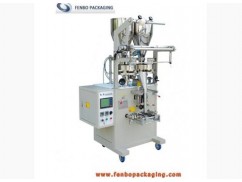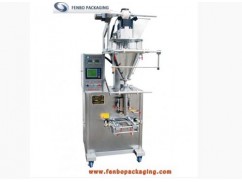What are the different types of form fill seal?
Sep 26,2024 | Views: 1653
Form fill seal (FFS) is a packaging technique used in various industries, particularly in food, pharmaceutical, and consumer goods. There are three main types of form fill seal machines:
- Products are dropped through a funnel into the formed bags.
- Products are placed into the package from the side.
- Often used for solid products like bakery items, medical devices, and hardware.
- Products are placed into these cavities, then sealed with a top web.
- Commonly used for medical devices, electronics, and food products requiring rigid packaging.
Each type has variations based on specific applications:
- Continuous motion vs. Intermittent motion
- Aseptic filling capabilities
- Multi-lane configurations
- Vacuum or gas flushing options
The choice of FFS type depends on factors like product characteristics, production speed requirements, and packaging material preferences.
Prev: What kind of pack will a VFFS machine produce?
Next: What is the function of vertical form fill seal machine?
1. Vertical Form Fill Seal (VFFS):
- In VFFS machines, the packaging material is formed into a tube vertically.- Products are dropped through a funnel into the formed bags.
- Commonly used for snacks, grains, powders, and liquids.
2. Horizontal Form Fill Seal (HFFS):
- HFFS machines form the package horizontally.- Products are placed into the package from the side.
- Often used for solid products like bakery items, medical devices, and hardware.
3. Thermoform Fill Seal (TFFS):
- TFFS machines heat and mold the bottom web of packaging material into cavities.- Products are placed into these cavities, then sealed with a top web.
- Commonly used for medical devices, electronics, and food products requiring rigid packaging.
Each type has variations based on specific applications:
- Continuous motion vs. Intermittent motion
- Aseptic filling capabilities
- Multi-lane configurations
- Vacuum or gas flushing options
The choice of FFS type depends on factors like product characteristics, production speed requirements, and packaging material preferences.

